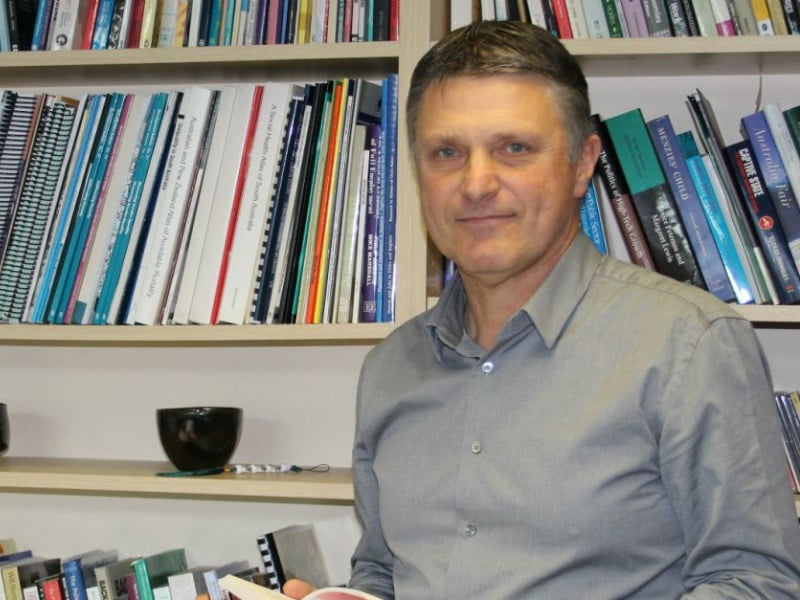A blueprint for a new National Industrialisation Strategy has been issued in the runup to the federal election that could guide a reindustrialisation of Australia.
The blueprint, High Value Manufacturing for the 21st Century – is a new report from the Australian Industrial Transformation Institute, Flinders University and its director Professor John Spoehr.
Professor Spoehr and his co-authors call for the establishment of a National Industrialisation Commission to reverse deeply worrying trends that have left Australia with the same industrial structure of a century ago, dependent on the vagaries of global markets for undifferentiated commodity exports.

“At the dawn of the 21st century we face the challenge of re-industrialisation, a deliberate strategy to accelerate the growth of high value manufacturing companies and jobs,” Professor Spoehr said.
“While Covid-19 has reminded us how critical it is to have robust and adaptable manufacturing supply chains during periods of crisis we need to rediscover why manufacturing is always strategically important to Australia.”
Professor Spoehr said that over the past 25 years especially, Australian manufacturing has been in decline almost continuously.
“This has been most pronounced since 2008, when the mining boom started to drive the Australian dollar to uncompetitive levels.
“Not only relative declines in manufacturing’s shares of total employment and Gross Domestic Product (GDP) but also absolute falls in manufacturing output and employment have marked the past decade.”
His report released yesterday outlines the elements of a national industrialisations strategy as:
- Better using the purchasing power of Australian governments to develop innovative products and processes and new industries through advanced procurement
- Establish a network of high value ‘Catapult’ centres across Australia led by University’s in collaboration with industry
- Measures to build research collaborations that become new products and innovations
- Building complex knowledge-intensive industries off existing strengths
- Onshore processing of our immense mineral wealth as a major plank of reindustrialisation
- Utilising the great opportunities for new industries from the delayed but inevitable decarbonisation of our economy
- Positively leveraging the circular economy for the great industrial opportunity that it is
- Measures to encourage manufacturing investment to the areas of vast future opportunity
- A workforce strategy that supports a just transition for Australian workers impacted by
industrial transformation imperatives.
This is a massive agenda and certainly not one that can be achieved in the short-term.
For example the Catapult centres of the UK do not have the same grants dispensing focus as do Australia’s Industry Growth Centres.
Heavy investment in equipment and staff have made them long-term partners with industry in developing new technologies and answering problems facing manufacturing companies.
Professor Spoehr himself and his institute, like many around Australia, is doing what is able, apart from releasing important studies such as this.
His Australian Industrial Transformation Institute at Flinders University is central to a dynamic research and industry community that has emerged from the former Tonsley assembly plant of Mitsubishi in Adelaide.
He is also driving, along with BAE Systems Maritime, the Line Zero: Factory of the Future which is bringing together industry 4.0 technologies and R&D to offer a way forward for manufacturing.
The potential benefits are immense.
As Professor Spoehr said: “One of the many potential benefits of manufacturing that Australia has denied itself is ‘economic complexity’ – the whole range of knowledge-intensive activities, and the capacity for innovation, that cluster around domestic manufacturing especially.
“Australia has been lucky, but we cannot face the future without a long-term industrial transformation strategy that drives the growth of sustainable, high value manufacturing and jobs.”
Central to reindustrialisation are the opportunities for onshore processing of our high-value minerals and decarbonisation as the backbone of Australia’s reindustrialisation.
“We can and must gain economically from the transformation to a zero-carbon economy, through active government and a national strategy.
“We can make the changes on terms favourable to us, or wait for the changes to be made to us, on terms not of our choosing.”
Do you know more? Contact James Riley via Email.
